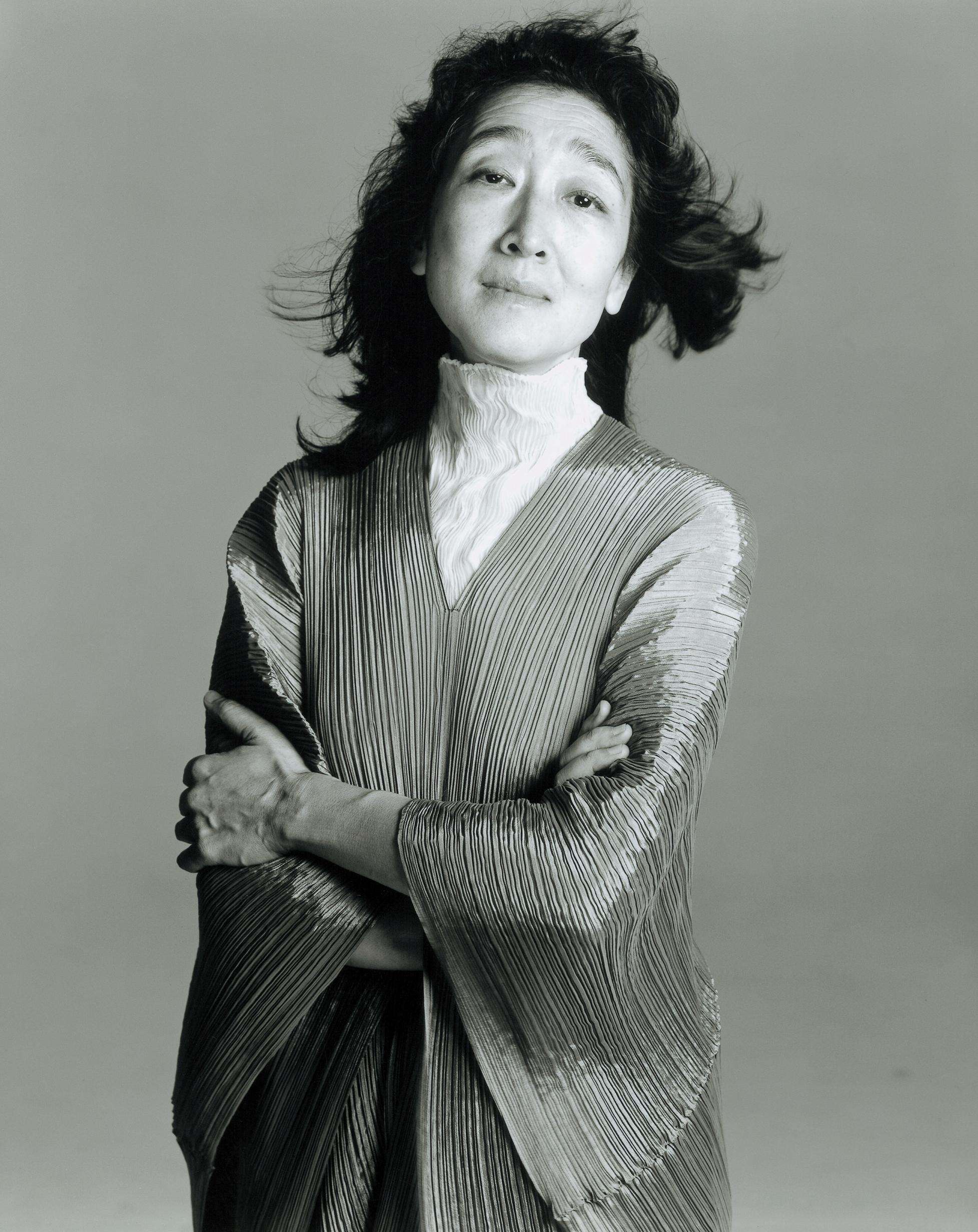|
Back
Two turning points Lucerne
Kultur- und Kongresscentrum Luzern
04/17/2011 - & 20 (Wien), 23 (Hamburg), 25 (London) March, 2011
Ludwig van Beethoven: Piano Concerto No. 3 op. 37
Richard Strauss: Ein Heldenleben op. 40
Mitsuko Uchida (piano)
Symphonieorchester des Bayerischen Rundfunks, Mariss Jansons (conductor)

M. Uchida (© Richard Avedon-Lowres)
This concert brought to an end the short Lucerne Easter Festival. The programming may have been standard concert fare, but execution – entirely as expected – was by no means standard. It was of the very highest order, both technically and musically: it was of recording quality.
Mitsuko Uchida, in a recent radio interview, says she revels in the lyrical intensity which Beethoven displays in this particular work, written in 1800, in what might be considered a turning point in his career. She was intense and muscular where required, but also wonderfully deft and nimble in the filigree passages of the first movement, dreamily delightful in the Andante and joyful in the vivacious romp of the Finale. Uchida dissected numerous passages into their minute detail, made them transparent, without any loss of structure or pace. It was all beautifully executed, and seemed utterly effortless.
100 years after Beethoven’s “turning point” it was Richard Strauss’ turn for a change of direction in his career in Ein Heldenleben. It signalled the end of his series of tone poems (he quotes from many of his former works in the work itself), before he dedicated himself to writing operas.
Strauss composed this work in 1898, at the ripe age of 34. While it was not actually the last of his symphonic poems, it was the last in the remarkable chain of works of this type which he had commenced ten years earlier with Don Juan and which had established him as a major composer.
Strauss declared, "There is no need for a program; it is enough to know there is a hero fighting his enemies." In a letter to his father (the respected Munich horn player Franz Strauss), a few weeks after the Frankfurt première, Strauss insisted that it was "only partly true" that the hero was himself. In a programme note for the première he wrote that the work's subject was "not a single poetical or historical figure, but rather a more general and free ideal of great and manly heroism."
Jansons, with his usual muscular conducting style, clasping his baton in his left hand, relished the opening theme representing the hero's sensitivity, his intelligence, his ambition, his determination. Jansons was exemplary in the layering of the different themes and ensured the piece did not sound disjointed. All sections of the orchestra excelled themselves; particular mention must however be given to the principal oboe with a lovely, creamy tone and the cor anglais. Jansons brought out the quirky modernity of the score, especially in the woodwind, and thrilled in the martial section with its rampant brass and percussion. Anton Barachovsky was the fine violin soloist in the rapturous love-music, first-rate; the double-stopped passages were most impressive.
The finale of the piece with its gentle dignified decrescendo and final explosion of sound brought the house down and the audience to its feet.
The encore was a snippet of the final part of the Rosenkavalier Overture leaving happy festival-goers to waltz out along magnificent Lake Lucerne with Baron Ochs in tow.
John Rhodes
|